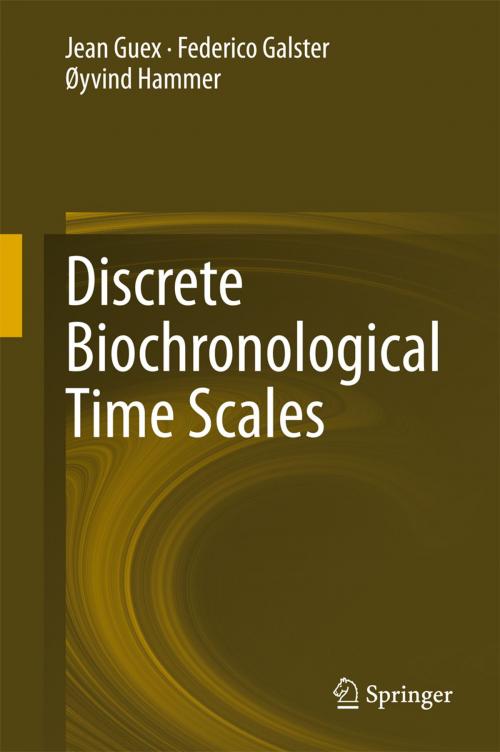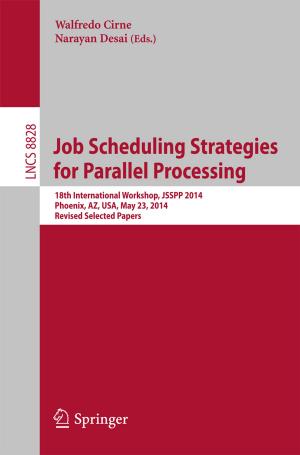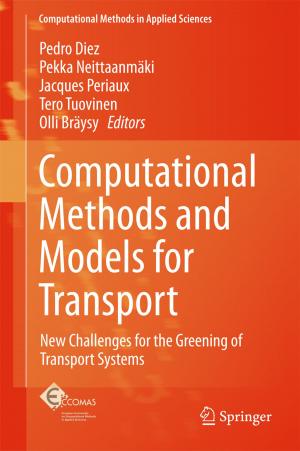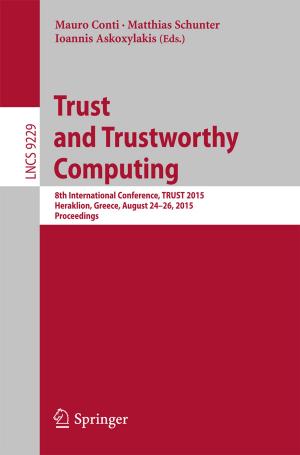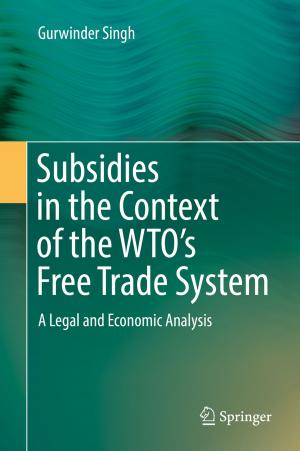Discrete Biochronological Time Scales
Nonfiction, Science & Nature, Science, Earth Sciences, Palaeontology, Geology| Author: | Jean Guex, Federico Galster, Øyvind Hammer | ISBN: | 9783319213262 |
| Publisher: | Springer International Publishing | Publication: | September 14, 2015 |
| Imprint: | Springer | Language: | English |
| Author: | Jean Guex, Federico Galster, Øyvind Hammer |
| ISBN: | 9783319213262 |
| Publisher: | Springer International Publishing |
| Publication: | September 14, 2015 |
| Imprint: | Springer |
| Language: | English |
The object of this book is to explain how to create a synthesis of complex biostratigraphic data, and how to extract from such a synthesis a relative time scale based exclusively on the fossil content of sedimentary rocks. Such a time scale can be used to attribute relative ages to isolated fossil-bearing samples. The book is composed of 10 chapters together with several appendices. It is a totally revised version of “Biochronological Correlations” published in 1991 and includes various new chapters. The book offers a solution for the theoretical problem of how fossils can be used to make reliable quantitative stratigraphic correlations in sedimentary geology. It also describes the use of highly efficient software along with several examples. The authors compare their theoretical model with 2 other relevant studies: probabilistic stratigraphy and constrained optimization (CONOP).
The object of this book is to explain how to create a synthesis of complex biostratigraphic data, and how to extract from such a synthesis a relative time scale based exclusively on the fossil content of sedimentary rocks. Such a time scale can be used to attribute relative ages to isolated fossil-bearing samples. The book is composed of 10 chapters together with several appendices. It is a totally revised version of “Biochronological Correlations” published in 1991 and includes various new chapters. The book offers a solution for the theoretical problem of how fossils can be used to make reliable quantitative stratigraphic correlations in sedimentary geology. It also describes the use of highly efficient software along with several examples. The authors compare their theoretical model with 2 other relevant studies: probabilistic stratigraphy and constrained optimization (CONOP).
